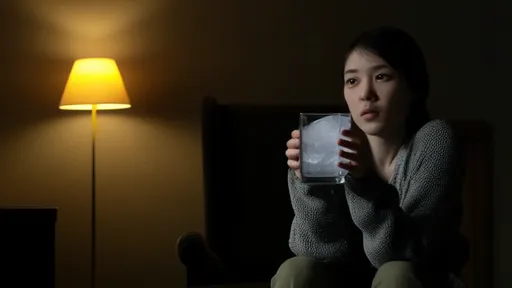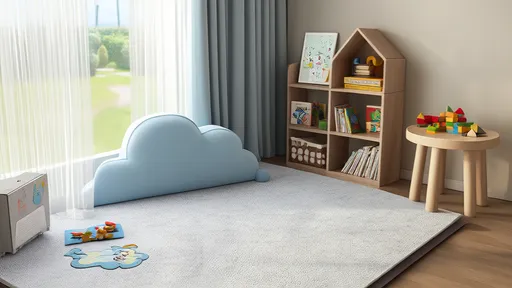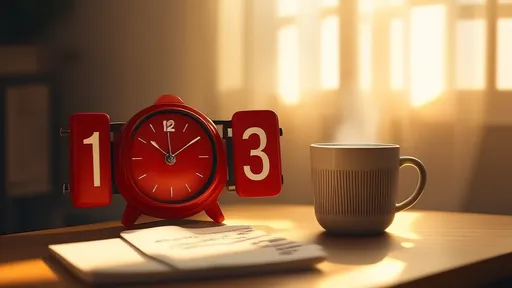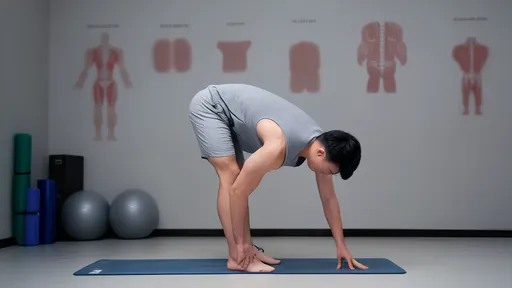There’s something profoundly intimate about the moments before sleep. The world quiets down, the mind begins to wander, and the weight of the day settles into the background. Yet, for many, this transition isn’t seamless. Instead of drifting into rest, we find ourselves tangled in thoughts—unfinished tasks, lingering worries, or the mental clutter of daily life. This is where the practice of bedtime mental decluttering comes into play. It’s not just about relaxation; it’s about creating space for genuine rest by clearing the mind before sleep.
The concept of emptying one’s thoughts before bed isn’t new. Ancient practices like meditation, journaling, or even simple breathwork have long been used to ease the mind into slumber. But in today’s fast-paced world, the need for structured techniques has grown. We’re bombarded with information, responsibilities, and stimuli, making it harder to shut off at night. A bedtime mental decluttering routine acts as a buffer, helping to separate the chaos of the day from the peace of the night.
One of the most effective ways to achieve this is through writing. Unlike passive relaxation methods, writing engages the mind actively, allowing it to process and release thoughts rather than suppress them. The act of transferring thoughts from mind to paper (or screen) creates a sense of closure. It’s as if the mind can finally let go, knowing those thoughts have been acknowledged and stored elsewhere. This is why journaling before bed has become a cornerstone of mental decluttering practices.
But not all writing is created equal. Randomly jotting down thoughts might help, but a structured template can amplify the benefits. A well-designed bedtime mental decluttering template guides the mind through specific categories—gratitude, unresolved tasks, worries, and reflections—ensuring nothing is left to swirl in the subconscious. For example, listing three things you’re grateful for shifts focus from stress to positivity, while a brief brain dump of tasks clears mental RAM. The goal isn’t to solve problems but to acknowledge them, creating mental space for sleep.
The science behind this practice is compelling. Studies have shown that expressive writing before bed can reduce anxiety, improve sleep quality, and even enhance problem-solving abilities. When we write about our worries, we externalize them, reducing their emotional charge. Similarly, documenting accomplishments or positive moments reinforces a sense of fulfillment, counteracting the negativity bias that often dominates our thoughts. This dual effect—releasing the negative and reinforcing the positive—makes bedtime writing a powerful tool for mental well-being.
Of course, consistency is key. Like any habit, the benefits of bedtime mental decluttering compound over time. It’s not a one-time fix but a ritual that trains the brain to associate writing with winding down. Over weeks or months, the mind begins to anticipate this process, making it easier to transition into sleep. Some people pair it with other calming activities—a cup of herbal tea, dim lighting, or soft music—to create a holistic bedtime routine. The more sensory cues tied to relaxation, the stronger the ritual becomes.
Critics might argue that adding another task to the evening could feel burdensome, especially for those already stretched thin. However, the irony is that taking 10-15 minutes to declutter the mind often saves time in the long run. Tossing and turning for hours due to unresolved thoughts is far more draining than a short, intentional writing session. Plus, the practice is adaptable. On hectic nights, a bullet-point list might suffice; on quieter evenings, deeper reflections can unfold. The template serves as a flexible framework, not a rigid mandate.
For those new to the practice, starting small is advisable. Begin with just one or two template sections—perhaps gratitude and a quick task dump—and gradually expand as the habit solidifies. The key is to make it feel effortless, almost automatic. Over time, the act of mentally unpacking before bed becomes as natural as brushing teeth. And the payoff is undeniable: waking up feeling refreshed, with a mind ready to face the new day rather than still carrying the weight of the old one.
In a world where sleep is often sacrificed for productivity, bedtime mental decluttering flips the script. It recognizes that true productivity begins with rest, and rest begins with a clear mind. Whether through journaling, lists, or structured templates, the practice offers a simple yet profound way to reclaim the night—and, by extension, the day that follows.

By /Jul 28, 2025

By /Jul 28, 2025

By /Jul 28, 2025

By /Jul 28, 2025

By /Jul 28, 2025

By /Jul 28, 2025

By /Jul 28, 2025

By /Jul 28, 2025

By /Jul 28, 2025

By /Jul 28, 2025

By /Jul 28, 2025

By /Jul 28, 2025

By /Jul 28, 2025

By /Jul 28, 2025

By /Jul 28, 2025

By /Jul 28, 2025

By /Jul 28, 2025

By /Jul 28, 2025

By /Jul 28, 2025

By /Jul 28, 2025